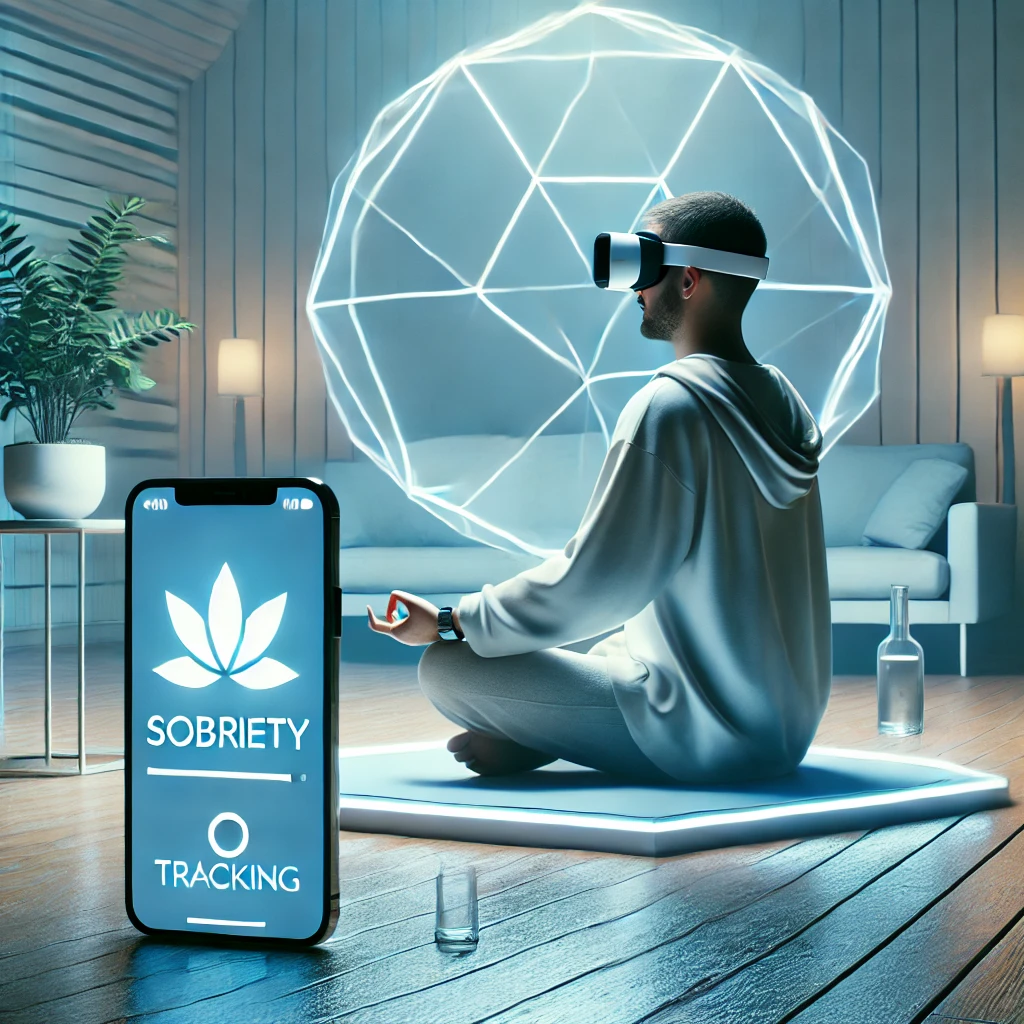
In the ever-evolving landscape of addiction recovery, recent studies have highlighted the efficacy of non-pharmacological interventions that align with holistic, home-based recovery models. These approaches emphasize the integration of technology and mindfulness practices, offering accessible and effective strategies for individuals seeking to overcome addiction.
Digital Therapeutics: Empowering Recovery Through Technology
A recent study conducted by UT Health San Antonio explored the impact of a smartphone application, WEconnect Health, on individuals with opioid use disorder. The findings revealed that participants who supplemented their medication-assisted treatment with the app experienced a 35% reduction in opioid use and a 19% increase in treatment retention. The app facilitates goal setting, progress tracking, and provides access to daily online support groups, demonstrating the potential of digital tools in enhancing recovery outcomes.
Mindfulness Practices: Cultivating Emotional Sobriety
Emotional regulation is a cornerstone of sustainable recovery. Recent insights emphasize the importance of emotional sobriety—managing one’s emotions in a healthy and effective manner. Practices such as mindfulness and yoga have been shown to aid individuals in achieving emotional balance, thereby reducing the risk of relapse. Incorporating these practices into daily routines can enhance self-awareness and resilience, essential components of long-term sobriety.
Virtual Reality: Innovative Exposure Therapy
Innovations in technology have also led to the development of virtual reality (VR) programs aimed at treating addiction. Researchers in the UK are pioneering VR-based cue exposure therapy to assist individuals in overcoming cocaine addiction. This approach involves safely exposing users to scenarios that trigger cravings within a controlled virtual environment, enabling them to develop coping strategies. Such immersive therapies represent a promising frontier in addiction treatment, offering new avenues for intervention.
Integrating New Approaches into Home-Based Recovery
For those pursuing recovery within the comfort of their homes, these advancements offer valuable tools:
- Digital Support Platforms: Utilizing apps designed to monitor progress and provide virtual support can bridge the gap between traditional therapy sessions, offering continuous encouragement and accountability.
- Mindfulness and Yoga: Incorporating regular mindfulness meditation or yoga practices can enhance emotional regulation, reduce stress, and improve overall well-being.
- Virtual Reality Therapy: As VR technology becomes more accessible, individuals may explore virtual therapy sessions that provide exposure to triggers in a safe environment, aiding in the development of effective coping mechanisms.
Embracing these innovative, non-pharmacological strategies can empower individuals on their path to recovery, aligning with holistic approaches that prioritize mental, emotional, and physical health.
Recent Innovations in Addiction Recovery
Can an app help people kick opioid addiction? A UT Health San Antonio study says yes.
47 days agoVerywell MindWhy Emotional Sobriety Is a Critical Part of Your Recovery Journey116 days agoThe GuardianVirtual reality to be used in UK trial to help people beat cocaine addiction123 days ago
Leave a Reply